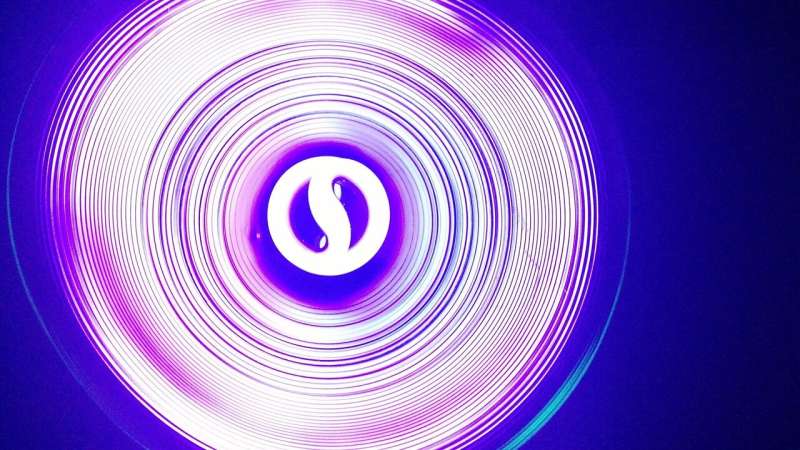Applying UV light to common disinfectants makes them safer to use

Over 400 common disinfectants currently in use could be made safer for people and the environment and could better fight the COVID-19 virus with the simple application of UVC light, a new study from the University of Waterloo shows.
Benzalkonium chloride (BAK) is the most common active ingredient in many disinfectants regularly used in hospitals, households, and food processing plants to protect against a wide range of viruses and bacteria—including all strains of SARS-CoV-2, the coronavirus that causes COVID-19—but its toxicity means that it can't be used in high concentrations. It also means that products containing BAK are harmful to humans and the environment.
Researchers at Waterloo discovered that the chemical's toxicity could be fully neutralized using ultraviolet light (UVC) when tested on cultured human corneal cells.
"Our results show that a disinfecting procedure using BAK followed by UVC radiation can minimize the harmful effect of BAK residues on humans and the environment," said Dr. David McCanna of Waterloo's Department of Optometry & Vision Science. "Such a procedure also has a great potential to maximize the disinfection efficacy by utilizing two different antimicrobial mechanisms.
"As the pandemic continues, our findings are especially important as it provides another method to make our hospitals, food, homes, and the environment safer."
While an important ingredient for a disinfectant's efficacy, BAK is a severe human skin and eye irritant. The chemical's high toxicity limits the ability to use products with a high concentration of BAK to better protect against harmful viruses and bacteria. High levels of BAK residue are also harmful to the environment, proving especially toxic to fish, aquatic invertebrates, and birds.
After exposing a BAK solution to germicidal ultraviolet-C lamps, they applied the solution to cultured human corneal cells for five minutes and analyzed for cell metabolic activity and viability. The BAK solutions were completely neutralized by UVC as the solutions no longer harmed the cultured human corneal epithelial cells.
"With concerns about the spread of COVID-19, people are utilizing products with BAK as an active ingredient more than ever," said Waterloo alumnus and lead author Dr. Manlong Xu, who is currently a clinical research fellow in the University of Alberta's Department of Ophthalmology and Visual Science.
"For many industries, there is the demand to improve the efficacy of standard disinfection procedures, while also keeping in mind any potential negative impact on the environment."
More information: Manlong Xu et al, Neutralization of the eye and skin irritant benzalkonium chloride using UVC radiation, Cutaneous and Ocular Toxicology (2021). DOI: 10.1080/15569527.2021.1902339




















